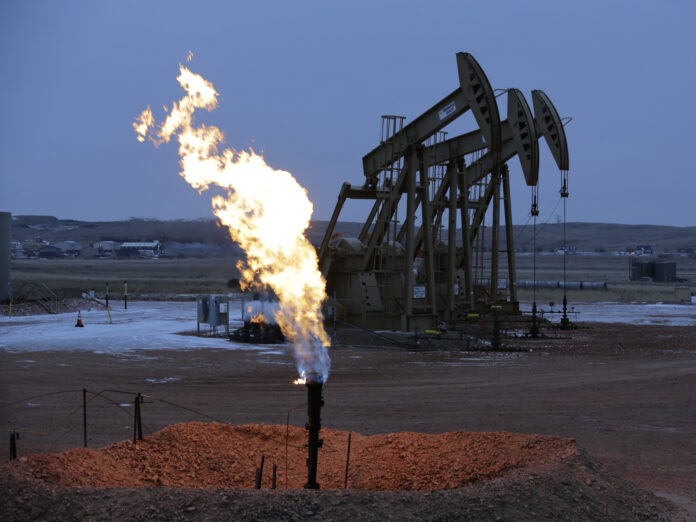Pakistan is making another attempt at offshore drilling, forming new partnerships with countries such as Turkiye and Russia after previous attempts yielded no significant results, according to a news report.
The Petroleum Division is now seeking bids for new offshore drilling projects, with the bid submission deadline set for October 31, 2025.
Petroleum Minister Ali Pervaiz Malik and OGDCL Managing Director Ahmed Hayat Lak have been actively seeking to bring new international partners into Pakistan’s offshore drilling sector.
Recently, they visited Russia to invite its companies to participate in the upcoming bidding round. OGDCL has already entered into a joint venture with a Turkish firm for offshore drilling, with bids scheduled to be opened on October 13, 2025.
Russian firms are also expected to join OGDCL in a joint venture to bid for offshore blocks. This marks a shift from the previous joint ventures with US and Italian firms. In February 2025, Pakistan also offered 40 offshore exploration licenses in the Makran and Indus basins.
The government’s strategic collaboration with Turkiye Petrolleri Anonim Ortakligi, a Turkish state-owned oil company, is also seen as a key move to secure much-needed FDI and bring in international expertise to unlock the potential of Pakistan’s offshore resources.
Previously, domestic firms, including Oil and Gas Development Company Limited (OGDCL) and Pakistan Petroleum Limited (PPL), collaborated with ExxonMobil and Eni to explore hydrocarbon reserves in the Arabian Sea, but 17 offshore drilling attempts have failed to produce desired outcomes.
The most notable attempt was the drilling of the Kekra-1 offshore well, located 280 km off Karachi’s coast, during the tenure of the previous Pakistan Tehreek-e-Insaf (PTI) government, which also ended in failure.
The current government is focused on accelerating oil and gas exploration activities. However, the sector faces significant challenges, including a circular debt of Rs2.8 trillion in the gas sector, which has hindered cash flow and restricted investment in new projects.
The Petroleum Division is working on settling these liabilities, and KPMG has been hired to propose solutions to the circular debt problem. Recommendations include imposing a special levy similar to the power sector’s debt servicing surcharge, and gradually increasing gas prices while eliminating a Rs160 billion cross-subsidy by January 2027.
As Pakistan seeks to boost its offshore oil and gas exploration, addressing these financial and sectoral challenges will be key to realizing the potential of the country’s energy resources.




